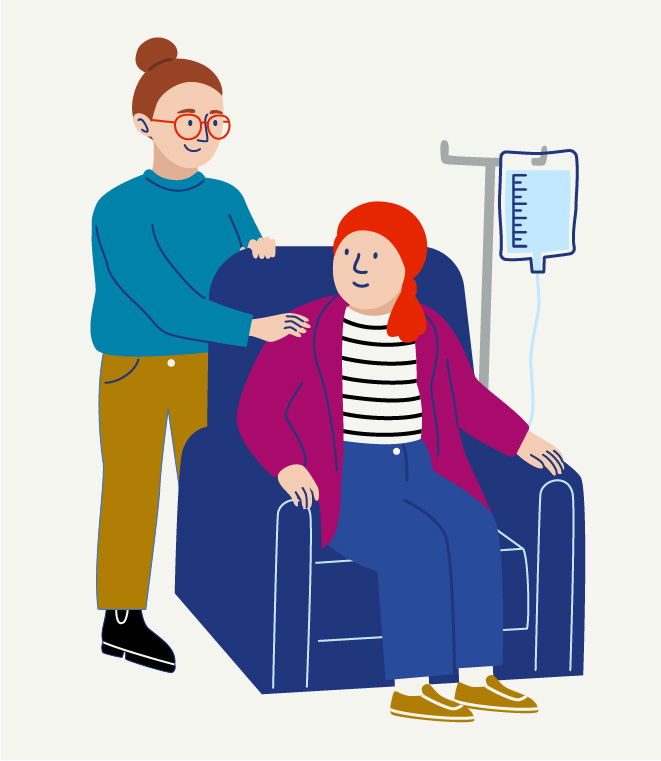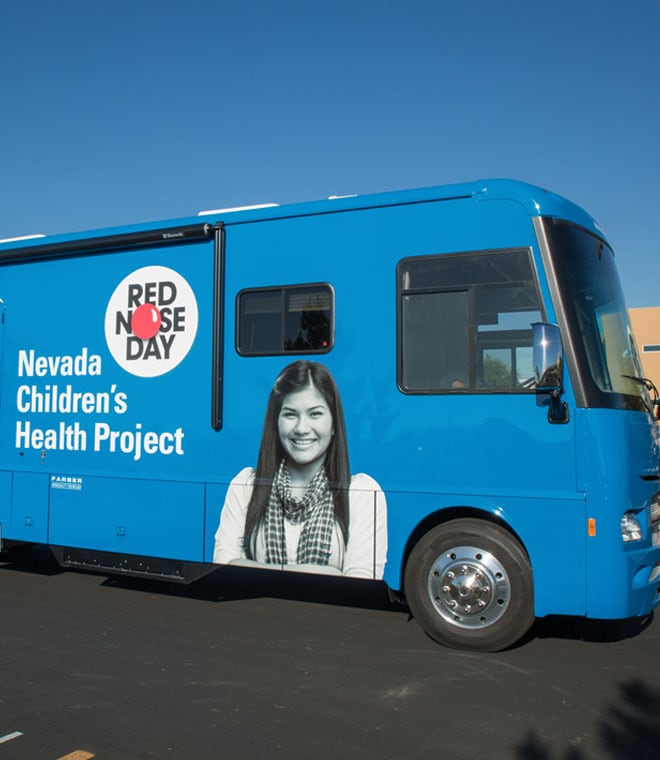Community Stories
Improving access to blood cancer care in minority communities
By Christina Varvatsis, PharmD, BCPS Sep 13, 2022 • 6 min
There’s an old saying that goes, “Cancer doesn’t care.” When someone says this, they mean it doesn’t matter where you live or whether you’re young or old—cancer doesn’t discriminate. That’s certainly true, yet barriers persist that determine who can access the right care when faced with blood cancer, like leukemia or lymphoma.
Blood cancer refers to a group of cancers that affect the production and function of your blood cells. Uncontrolled growth of abnormal (cancerous) blood cells can make it difficult for your body to fight off infections or prevent serious bleeding.
The three main types of blood cancer include:
- Leukemia
- Lymphoma
- Myeloma
Despite significant advances in cancer care over the last several decades, certain racial and ethnic minority populations continue to be disproportionately affected by blood cancer. Studies show that people in Black and Hispanic communities die at a higher rate from blood cancer than the white population. In addition:
- Black Americans are twice as likely to develop myeloma and die from the condition compared to white Americans
- Black and Hispanic Americans have lower survival rates for major types of blood cancers compared to white Americans
- Cancer is the leading cause of death among Hispanic Americans
The reasons for these health disparities are complex, but may include a lack of access to new therapies, less participation in clinical trials and higher obesity rates. A closer look reveals how these factors may be contributing.
Access to novel therapies can impact outcomes
Advances in the care of myeloma—the most common blood cancer among Black patients—have led to a doubling of the overall survival rate in the past decade. Unfortunately, this progress has mostly been limited to white patients. Researchers believe the underutilization of novel therapies within the Black community, including newer medications and stem cell transplants, may be to blame.
Between 2008 and 2013, approximately 12% to 20% of Black myeloma patients received a stem cell transplant compared to 23% to 38% of white patients. And between 2003 and 2011, Black patients were 21% less likely to receive bortezomib (Velcade)—a novel medication considered to be a major breakthrough for myeloma treatment.
But the results from a 2022 study uncovered encouraging findings: When Black myeloma patients received similar therapies, their survival rates were actually better than white patients, highlighting the importance of equal access to care.
Less clinical trial participation can limit options
Clinical trials studying new cancer drugs and therapies may be the best treatment option for some blood cancer patients, according to The Leukemia & Lymphoma Society (LLS). Unfortunately, Black and Hispanic patients have traditionally participated less in clinical trials for a number of reasons, including not having access to them. But here’s the good news: When offered the option of a clinical trial, racial and ethnic minority patients are just as likely to enroll as white patients.
Take charge of your health and discuss all the options with your healthcare provider. Ask your healthcare provider if there are any potential clinical trial treatment options. A common reason patients don’t enroll in clinical trials is because they aren’t aware. Consider using the Clinical Trial Conversation Guide, developed by LLS, to get answers to all your questions. Participating in a clinical trial also helps others by providing valuable data.
If you’re considering a clinical trial, LLS also offers assistance through its Clinical Trial Support Center. With the financial support of the Walgreens community, LLS provides this free service to help patients navigate the complex process of finding and enrolling in a trial. Oncology nurse navigators provide personalized, one-on-one support to connect patients with an appropriate clinical trial and address any barriers to enrollment.
Obesity rates among minority populations may be contributing to the divide
Research has shown that being overweight increases the risk of developing cancer. Myeloma is among 13 types of cancer that occur more commonly in people who are overweight or have obesity.
Unfortunately, the number of people living in the United States with obesity is on the rise, with Black and Hispanic communities experiencing a disproportionate impact. In 2020, 41.6% of Black adults and 36.6% of Hispanic adults had obesity or severe obesity compared to 30.7% of white adults. These numbers put Black and Hispanic patients at increased risk of obesity-related cancers. Maintaining a healthy weight through diet and physical activity can help lower your risk for obesity-related cancers, including myeloma. If you have already been diagnosed, LLS offers free one-on-one consultations with a registered dietitian specializing in oncology nutrition through its PearlPoint Nutrition Services program.
Since 2019, Walgreens has teamed up with LLS to drive positive change and help end health disparities among minority patients with blood cancer, offering educational and financial assistance and encouraging all patients to get the treatment they need. Learn more about LLS and their services.
Published September 2022.
Sources:
- https://ashpublications.org/blood/article/130/15/1699/36381/Racial-and-ethnic-disparities-in-hematologic
- https://www.hematology.org/education/patients/blood-cancers
- https://cancerprogressreport.aacr.org/disparities/cdpr22-contents/cdpr22-the-state-of-cancer-health-disparities-in-2022/#factors
- LLS & Walgreens presentation, 2021.
- https://www.ncbi.nlm.nih.gov/pmc/articles/PMC8873507/
- https://www.lls.org/sites/default/files/2021-05/PS12_Understanding_Clinical_Trials_2019_FINAL.pdf
- https://www.lls.org/impact-report
- https://www.cdc.gov/cancer/obesity/index.htm
- https://www.cancer.gov/about-cancer/causes-prevention/risk/obesity/obesity-fact-sheet



